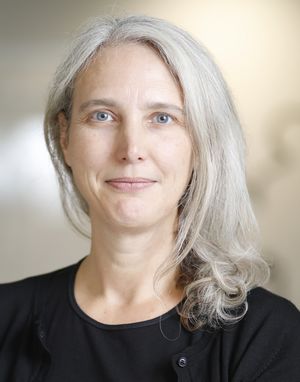Waskow Research Group
Regeneration in Hematopoiesis:
Immunology of Aging
Stem cell maintenance is essential for continuous tissue formation during steady-state and under stress conditions such as aging. The constant supply of de novo generated mature cells from adult stem cells is pivotal for the lifelong function of many organs, in particular for tissues with high turn-over rates such as the gut, skin and blood. Understanding the mechanisms of fate choice in stem and progenitor cells holds the promise of replacement of tissues that lost their functionality during aging by engineered tissues in the future.
One of the most thoroughly studied adult stem cell types is the hematopoietic stem cell (HSC) that gives rise to all blood cells through a process called hematopoiesis. Continuous hematopoiesis is fundamental for a functional immune system that prevents the outbreak of infections and cancer formation. HSCs can be prospectively isolated to very high purity, and after bone marrow transplantation the infused donor HSCs disclose their amazing regenerative potential and continuously generate blood cells over long periods of time in the recipients.
Despite the precise phenotypic description of HSCs the molecular mechanisms, including signaling pathways and receptor interplay, underlying fate-choice decisions are not resolved. Failure of hematopoiesis can lead to life-threatening blood disorders disclosing the need for a tight regulation of fate choices in HSCs to ensure the welfare of the organism. Further, during aging, loss of HSC functionality leads to the weakening of immune system. We focus on cell-intrinsic and extrinsic niche-mediated signals that regulate HSC fate.
Contact

Claudia Waskow
Group Leader
+49 3641 65-6707
claudia.waskow@~@leibniz-fli.de
Ramona Taubert
Assistance
+49 3641 65-6336
ramona.taubert@~@leibniz-fli.de









